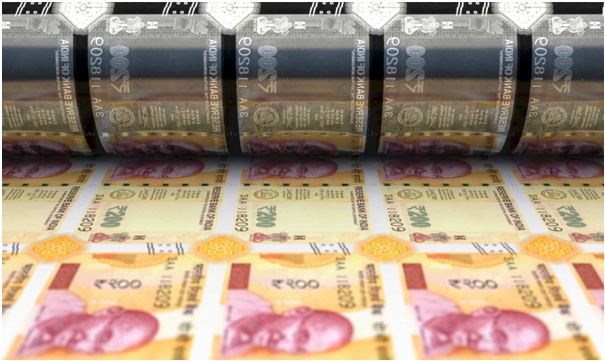The Indian gambling industry is growing like wildfire. You would be forgiven for being surprised by this as throughout the country, much like the United States, gambling is generally prohibited. However, it has not stopped Indians for indulging in it. The Indian online gambling industry is booming, but the implications of having an unregulated industry is costing the government a massive amount of revenue.
Why India is Attractive to the OnlineGambling Industry
India’s online gambling market’s evolution is being driven by the growth of its middle class, and the growing ubiquity of the internet. With a 50% penetration rate, there are over 560 million Indian internet users, putting it second in the whole world behind China. With a market that large, this country has an obvious appeal to online businesses.
As mentioned, there has been significant growth in India’s middle-class population. As people become more comfortable, their lifestyles will change significantly. They will begin to engage in other activities, including online activities like online casinos. It’s currently estimated that in 2030 nearly 80% of households will be middle-income, and this group will drive 75% of consumer spending.
As it stands many Indians already engage in one form of betting or the other. Cricket betting is already very popular in India. The growth of online casinos and bookmakers have given many Indians the opportunity to place a bet online, and it is believed that some 80% of Indian adults have indulged in some form of gambling at one point.
Loss of Revenue Due to Unregulated Online Casinos
February 2020 report from Maple Capital Advisors states that India’s gaming industry is currently valued at $930m and is expected to grow at 41 per cent annually.The industry has attracted about $350 million in investments from venture capital firms between 2014 and 2020, growing at a CAGR of 22 percent.
The table below outlines how much revenue the federal government would be able to get from this industry if it was properly regulated and taxed by the state.
| Table: Projected gross tax revenue based on predicted online casino market growth, 2020-2024 | |||||
| 2020 | 2021 | 2022 | 2023 | 2024 | |
| 15% | $140m | $197m | $277m | $391m | $551m |
| 20% | $186m | $262m | $370m | $521m | $735m |
| 25% | $233m | $328m | $462m | $652m | $919m |
| 30% | $279m | $393 m | $555m | $782m | $1.1bn |
| Source: casinos-india.in | |||||
The amount of money the government is throwing away by not regulating online casinos is colossal. Due to the nature of Indian gambling laws, save for some lucky winners, the majority of all this money goes overseas. There is no licensing for online casinos in India. Instead, gambling is regulated on a local level and states must decide whether they want to legalize casinos or not. Only three states have provided licenses to physical land casinos.
The others prohibit it. Regardless of this, the Indian populace continues to gamble online. Certainly enough, thanks to federal law where the language that forbids Indian businesses from setting up online casinos does not prohibit online businesses from abroad from doing the same, there are plenty of venues where Indian citizens can gamble online without the threat of prosecution. With this much revenue at stake, the government should open the online casino markets for Indian businesses as well.
Benefits of a Regulated Gambling Industry
Aside from tax revenue, there are many benefits of having a regulated online casino industry. Foreign entities can always be allowed to compete, but good licensing laws would be able to get an even better investment from them by requiring them to pay fees and take on Indian partners.
However, one big benefit would be job creation. Allowing legitimate Indian businesses to compete in this market would result in many operations starting up, boosting the economy by creating many high skilled jobs in the iGaming and e-Commerce sectors. This would also carry over to related casino-adjacent sectors, such as online payments and game development. In every case, the money earned by these companies would be mostly put back into the local economy for the net benefit of the nation.
In addition, it cannot be overstated that a properly regulated market will offer a stable and safe gambling environment. Regular audits of government-approved online casinos would keep citizens safe from unscrupulous sites that would cheat or otherwise scam them. There is a demand for gambling, and people are inclined to do it regardless of the rules. The Indian government should seize this opportunity.







